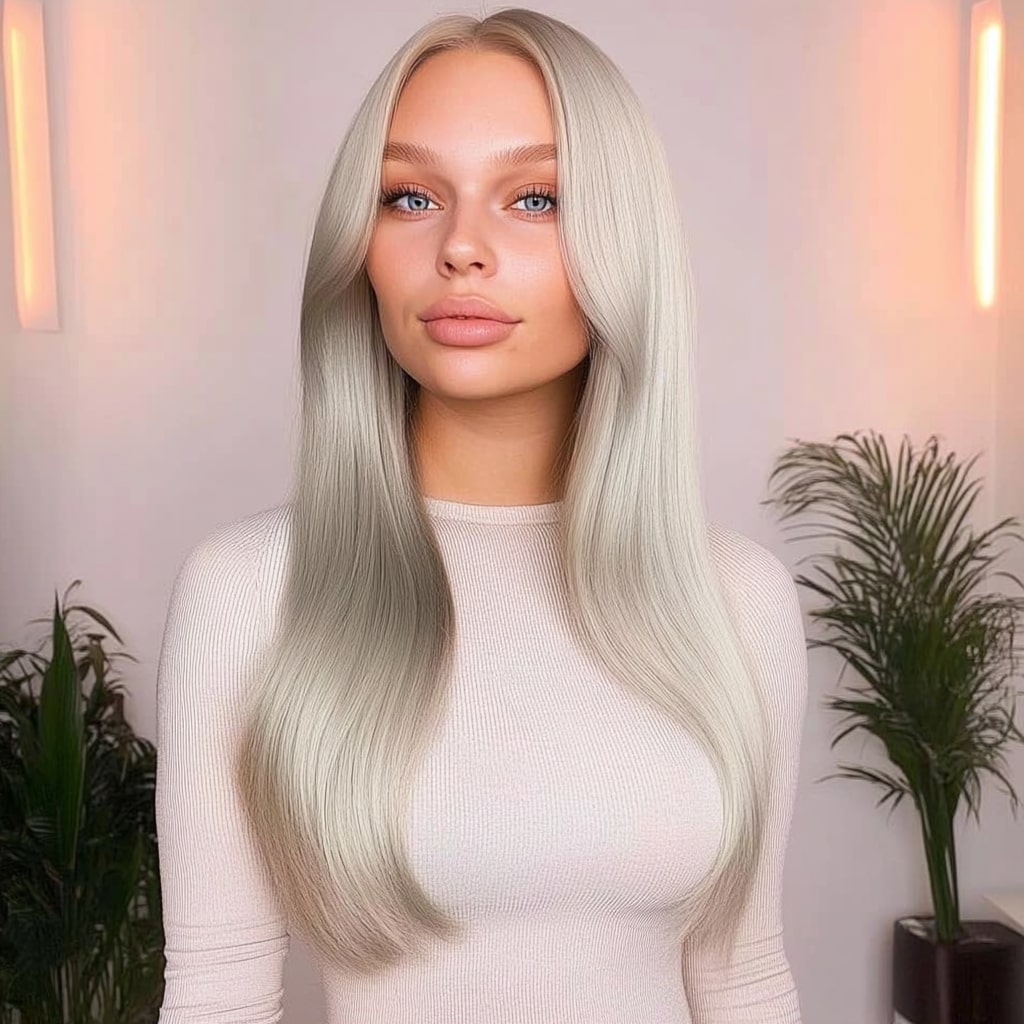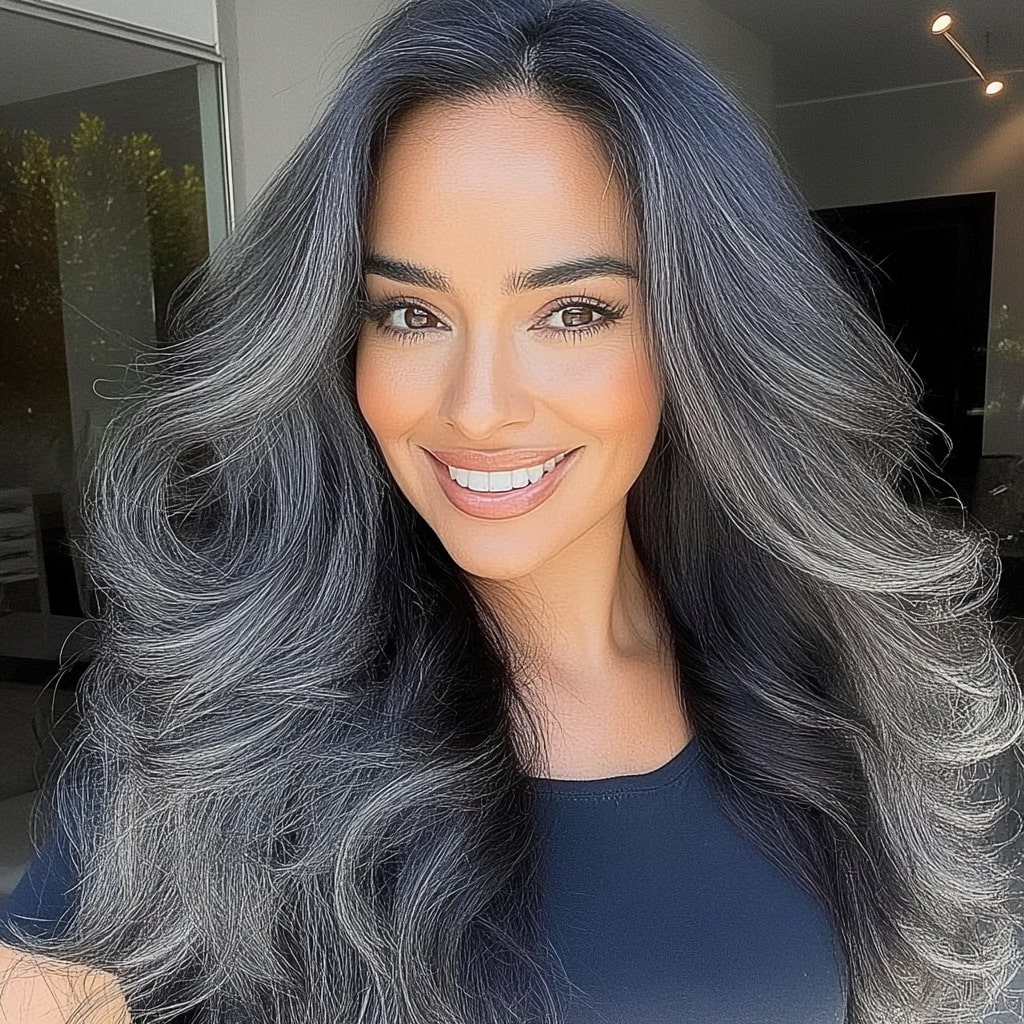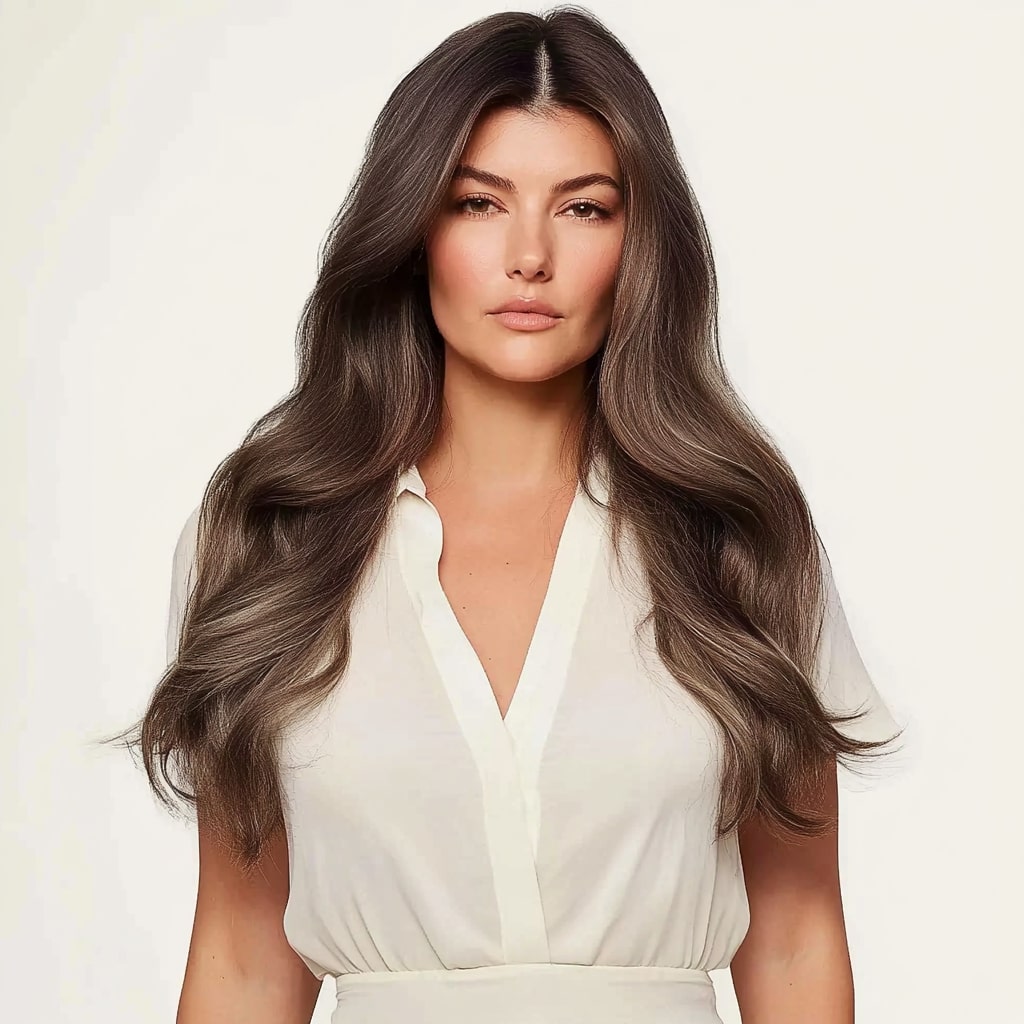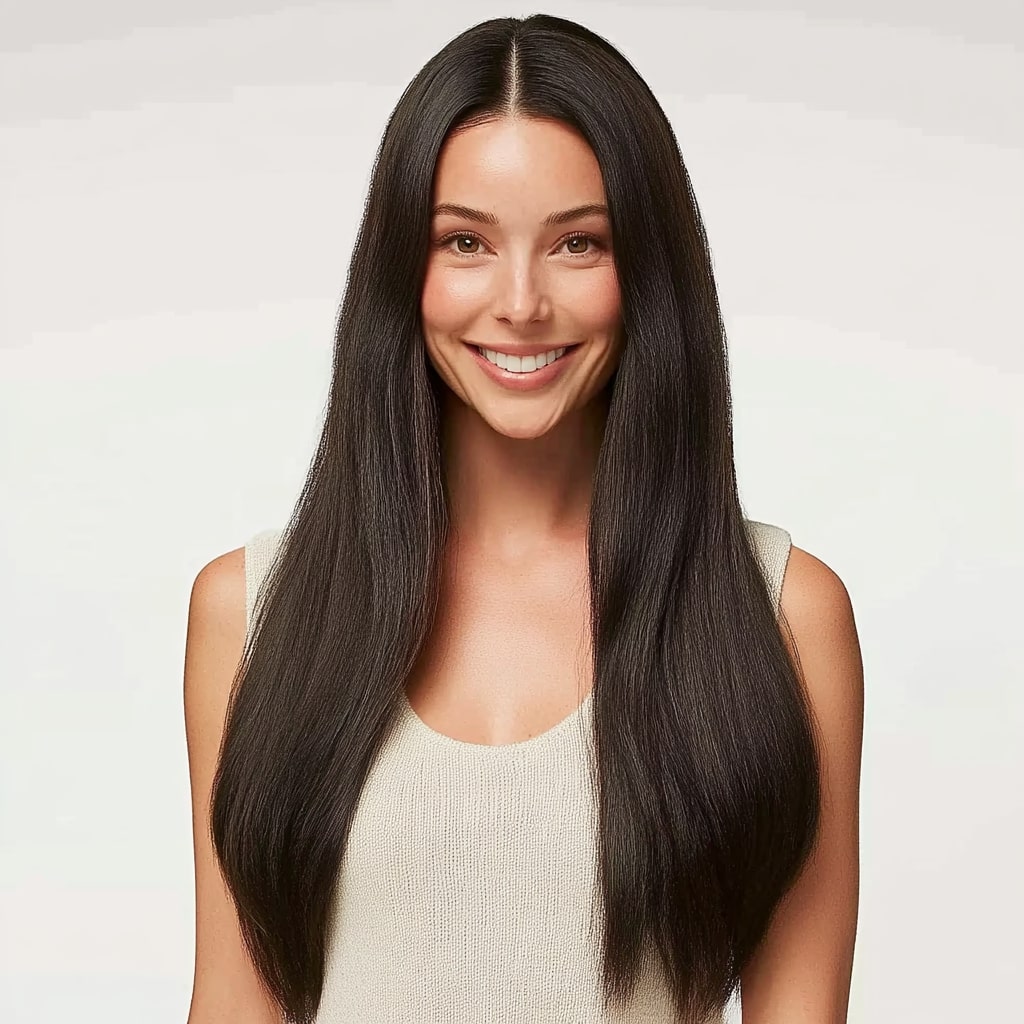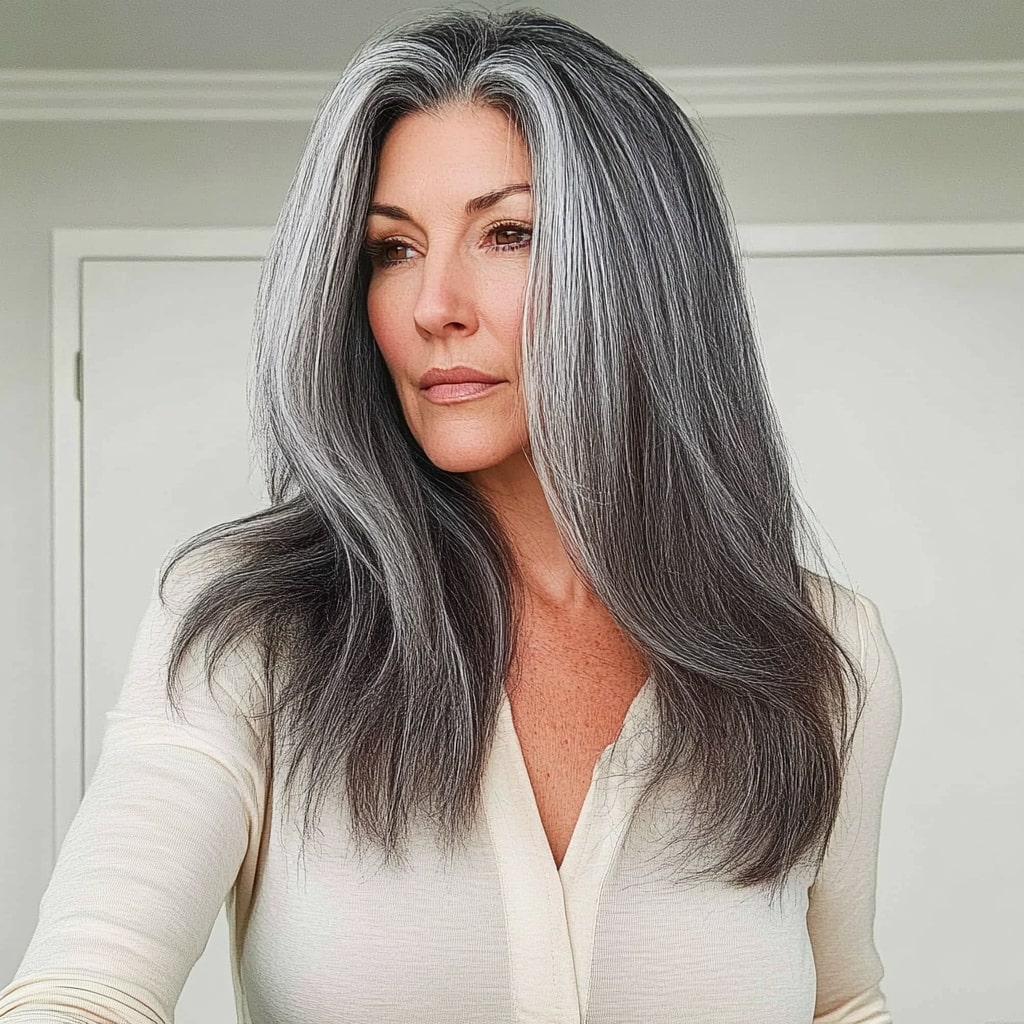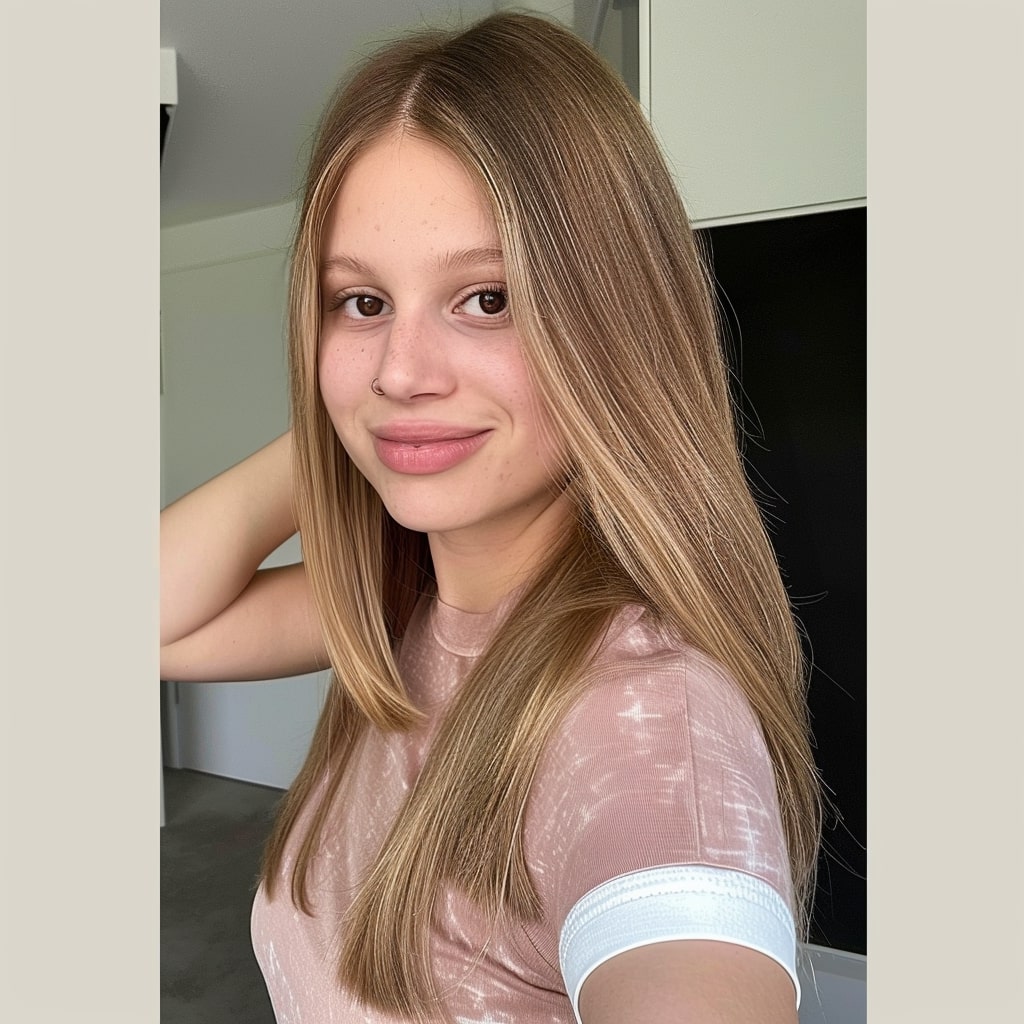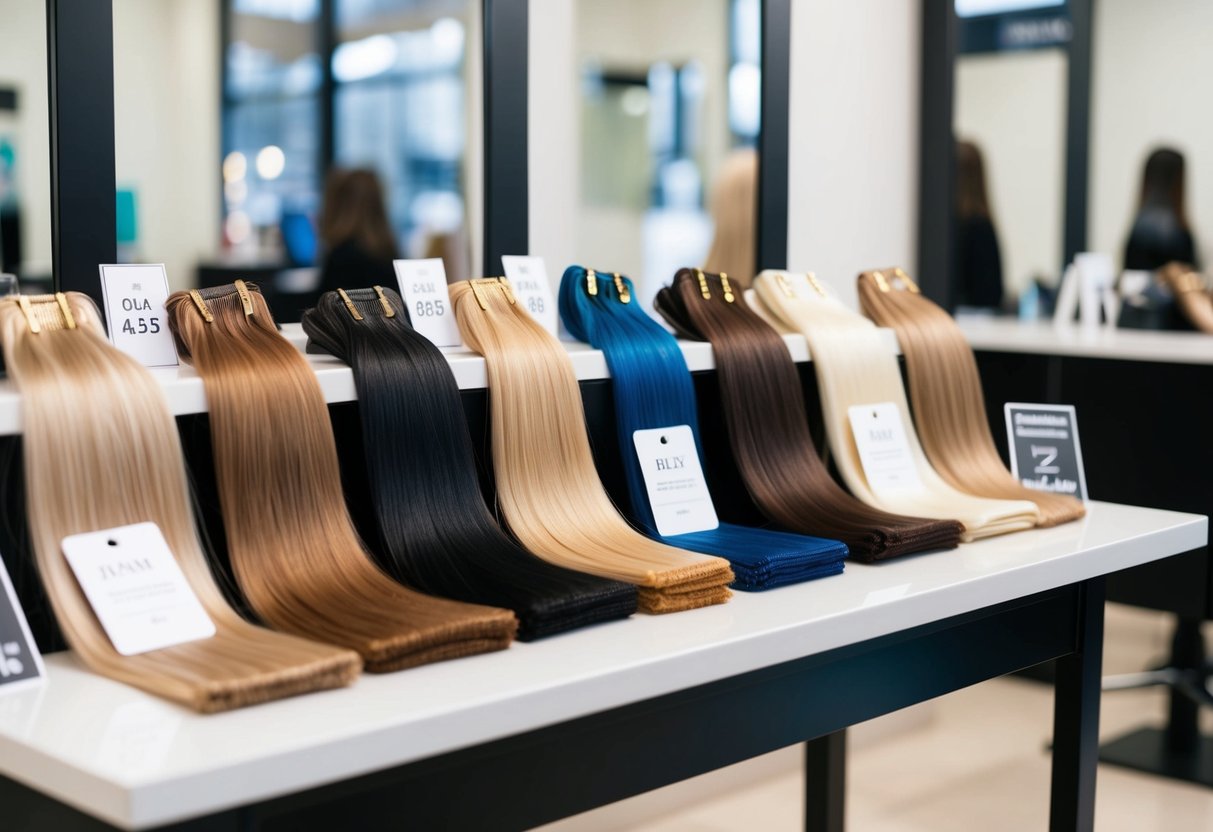Safeguarding Your Hair Extensions on Vacation: Tips to Prevent Color Changes

Key Takeaways:
-
Importance of Protection: It's crucial to safeguard hair extensions from environmental factors like sunscreen chemicals, chlorine, salt water, and varying water qualities, especially on vacation.
-
Causes of Discoloration: Hair extensions may turn orange due to reactions with sunscreen, exposure to chlorine and salt water, and mineral deposits from different water qualities.
-
Protective Strategies: Wearing a swim cap, rinsing hair immediately after swimming, using hair-safe sunscreen, and regular conditioning are effective ways to protect hair extensions and maintain their color and integrity.
-
Maintaining Hair Health: Regular care routines, especially during vacations, are essential for keeping hair extensions vibrant, healthy, and free from unwanted color changes.
These tips ensure that hair extensions can withstand vacation environments, allowing wearers to enjoy their getaway without worrying about their hair's appearance.
Introduction: Importance of Protecting Hair Extensions on Vacation
When packing for a vacation, most of us focus on the essentials—sunscreen, swimsuits, and our favorite outfits. But for those who wear hair extensions, there's an additional item on the checklist: hair protection. While vacations offer a chance to relax and rejuvenate, they can also expose your hair extensions to elements that might lead to unwanted changes. One of the more alarming transformations might be your hair extensions turning an unexpected orange hue. Whether you're lounging by the pool or exploring tropical locales, safeguarding your hair extensions is crucial to maintaining their beauty and integrity throughout your trip. In this blog post, we’ll explore the reasons behind these color changes and offer effective strategies to protect your hair extensions, ensuring they look as vibrant and healthy as when you first arrived.
Why Hair Extensions Turn Orange
When you notice your hair extensions adopting an orange tint on vacation, it might be confusing and frustrating. Here are a few common culprits:
-
Sunscreen Chemicals: While sunscreen is vital for protecting your skin from harmful UV rays, some of its chemicals can have an unintended reaction with hair extensions. This issue is particularly prevalent with light-colored or bleached hair extensions. If sunscreen comes into contact with your hair, these chemicals can react and cause a noticeable color shift to an orange or brassy hue.
-
Chlorine and Salt Water: Both swimming pools and ocean water are not hair-extension-friendly. Chlorine and salt are known to strip hair of its natural oils and color. This loss of essential oils and pigments can leave hair extensions looking brassy or orange, especially after repeated exposure.
-
Water Quality: The water quality in various vacation destinations can greatly differ. High levels of minerals in the water, or poor filtration systems, can lead to deposits on your hair extensions, altering their color over time. This effect is often noticed after hair has dried and can be quite persistent.
Understanding these factors can help you prepare better and minimize the risk of your hair extensions turning an undesirable color while you enjoy your holiday.
How to Protect Your Hair Extensions
To keep your hair extensions looking their best throughout your vacation, consider these protective strategies:
-
Wear a Swim Cap: Although it might not be the most fashionable accessory, wearing a swim cap while swimming can greatly protect your hair extensions from chlorine and salt water. This barrier prevents direct contact with harmful elements that cause color changes.
-
Rinse Your Hair Immediately: After swimming, make it a practice to rinse your hair extensions with clean, fresh water as soon as possible. This step helps to wash away chlorine, salt, and other residues that might have accumulated and could lead to discoloration.
-
Use Hair-Safe Sunscreen: Invest in a sunscreen product specifically designed for hair, or use a UV protection spray that is safe for hair extensions. These products help shield your hair from UV rays without the harsh chemicals found in typical skin sunscreens, which can react negatively with your hair.
-
Condition Regularly: Maintaining the condition of your hair extensions is crucial, especially on vacation. Regular conditioning helps to seal the hair cuticles and provides a layer of protection against environmental factors, including sun, wind, and water. Well-conditioned hair is less prone to color fading and brassiness.
By incorporating these practices into your vacation routine, you can significantly reduce the risk of experiencing unwanted color changes in your hair extensions, allowing you to focus more on enjoying your getaway.
Conclusion: Summary of Tips for Maintaining Hair Extension Color
Going on vacation should be about relaxation and fun, not worrying about hair mishaps. By understanding the common reasons hair extensions might change color—like exposure to sunscreen chemicals, chlorine, salt water, and varying water qualities—you can take proactive steps to protect them. Remember to wear a swim cap while swimming, rinse your hair immediately afterward, use hair-safe sunscreen, and condition regularly. These simple, effective strategies will help ensure that your hair extensions remain vibrant and healthy throughout your travels. With these precautions in place, you can enjoy every moment of your vacation, confident that your hair looks as great as you feel.

 My Store Credit
My Store Credit
 Buy Again
Buy Again
